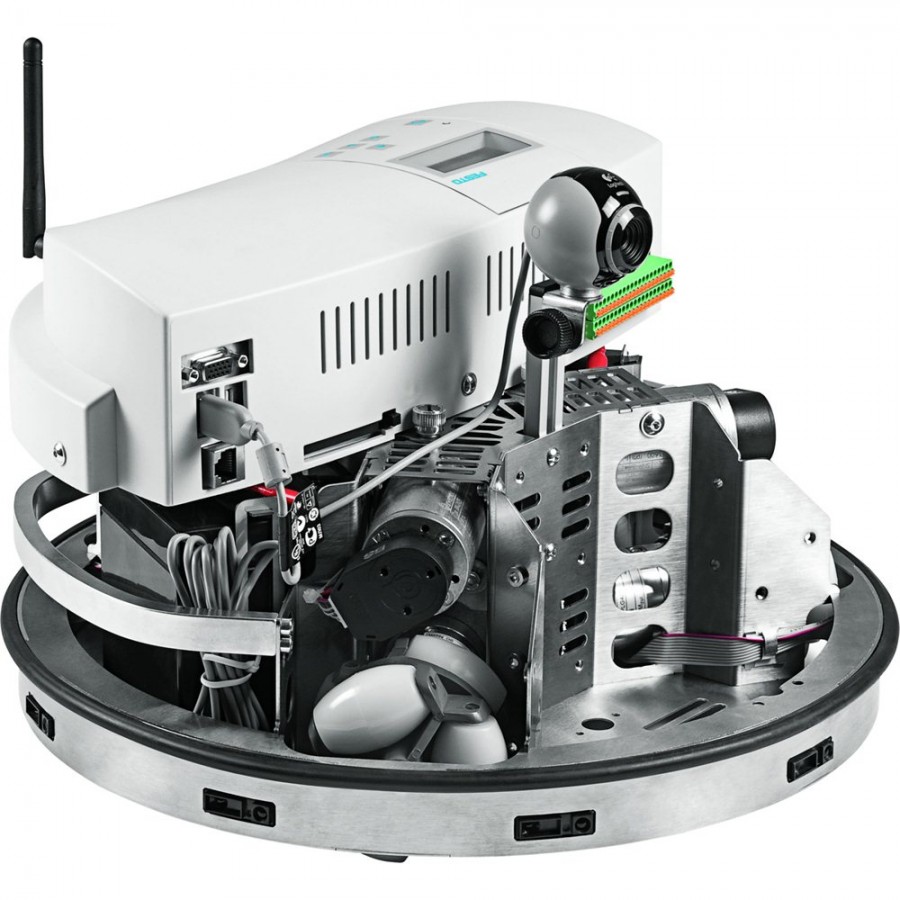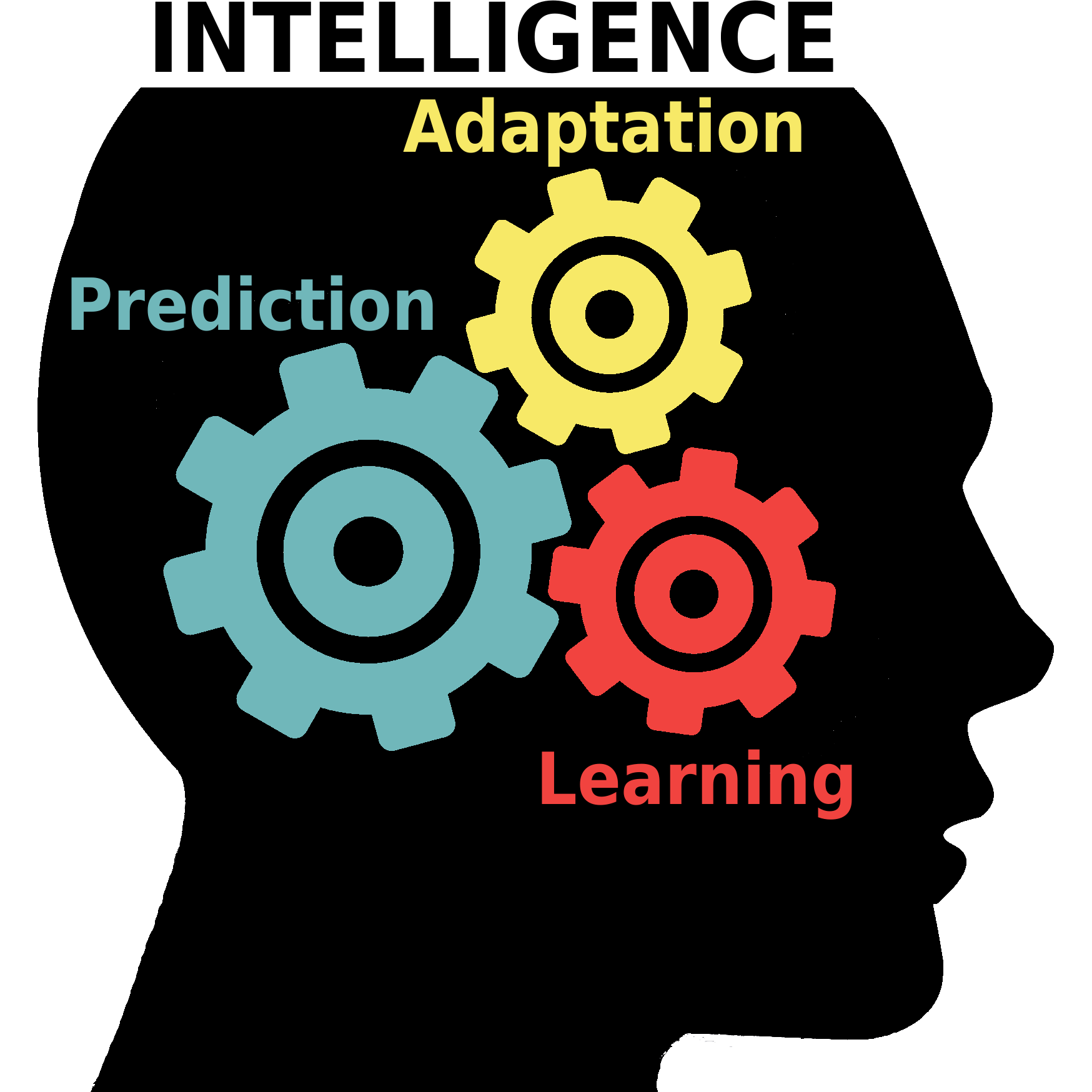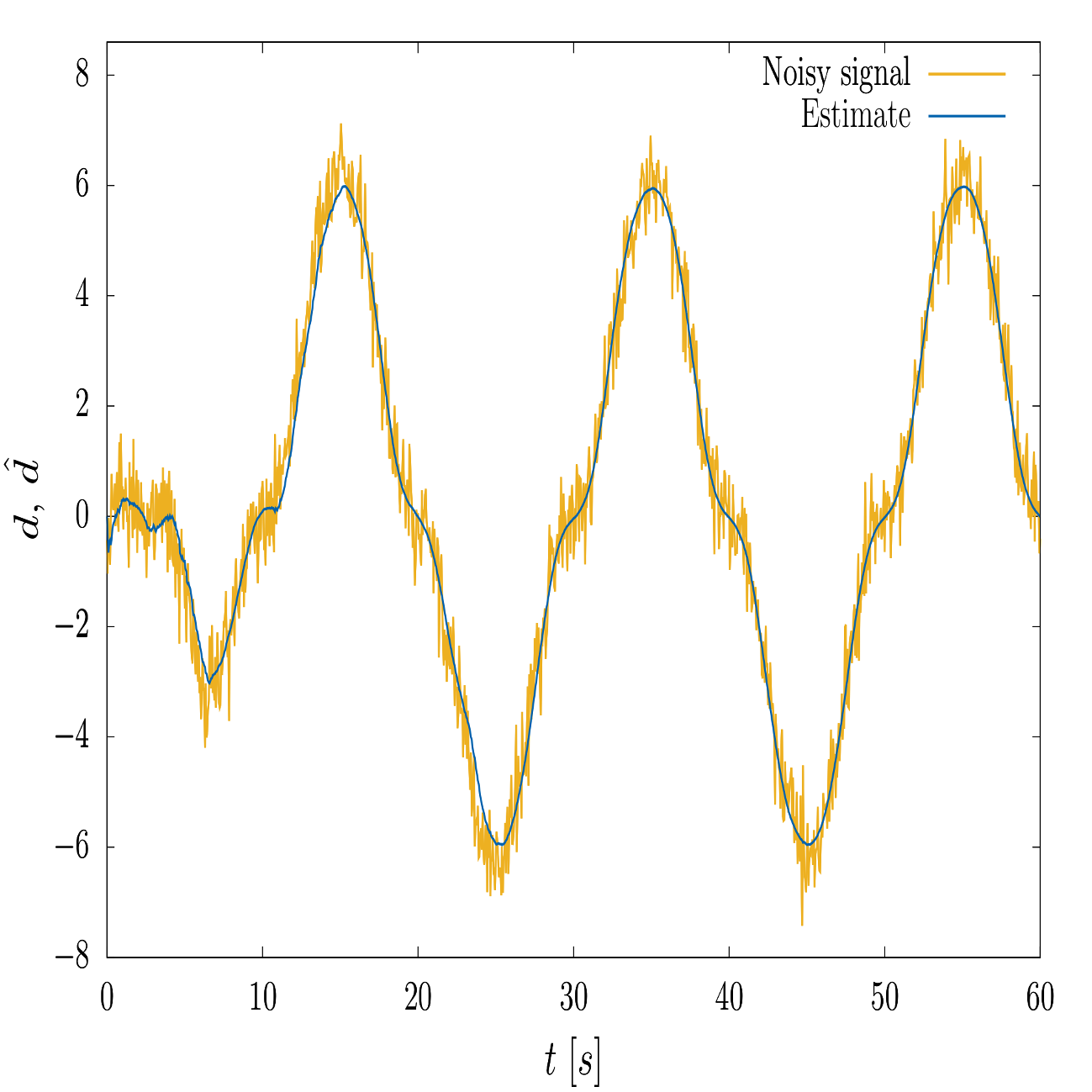Research
RoboTeAM stands for Robótica e Aprendizagem de Máquina (Robotics and Machine Learning).
The focus of our research group is on the development of intelligent mechatronic systems and autonomous robots.
We are located at the Manufacturing Lab of the Federal University of Rio Grande do Norte.
 Intelligent control of mechatronic systems: From autonomous vacuum cleaners to self-driving cars, intelligent mechatronic systems are becoming an intrinsic part of our daily lives. Although conventional control schemes have been successfully employed to industrial robots, they might not represent the most proper choice to deal with mechatronic systems subject to large uncertainties and/or drastic changes in their operating conditions. Therefore, in order to let mechatronic systems undertake assignments in an environment of uncertainty and imperfect information, in our group we combine modern control methods with soft computing techniques, such as fuzzy logic and artificial neural networks.
Intelligent control of mechatronic systems: From autonomous vacuum cleaners to self-driving cars, intelligent mechatronic systems are becoming an intrinsic part of our daily lives. Although conventional control schemes have been successfully employed to industrial robots, they might not represent the most proper choice to deal with mechatronic systems subject to large uncertainties and/or drastic changes in their operating conditions. Therefore, in order to let mechatronic systems undertake assignments in an environment of uncertainty and imperfect information, in our group we combine modern control methods with soft computing techniques, such as fuzzy logic and artificial neural networks.
Obstacle avoidance using Genetic Algorithms and Bézier curves
 Biologically inspired approaches for autonomous agents: The development of reliable autonomous agents depends on the adopted learning and planning algorithms. Thus, we propose the implementation of reinforcement learning algorithms to let autonomous robots learn by interacting with their own environment. By means of a cooperation with researchers from the Department of Physiology (UFRN), we propose computational approaches that are able to emulate the learning process of living organisms.
Biologically inspired approaches for autonomous agents: The development of reliable autonomous agents depends on the adopted learning and planning algorithms. Thus, we propose the implementation of reinforcement learning algorithms to let autonomous robots learn by interacting with their own environment. By means of a cooperation with researchers from the Department of Physiology (UFRN), we propose computational approaches that are able to emulate the learning process of living organisms.
 Sliding modes with Gaussian process regression for the control of uncertain nonlinear systems: A Gaussian process may be understood as an extension of the Gaussian probability distribution. On this basis, Gaussian process regression (GPR) can be adopted as non-parametric model to represent samples from a multivariate Gaussian distribution, in order to estimate both structured and unstructured uncertainties related to plant dynamics. Although GPR alone is not able to provide an efficient feedback controller, it could be conveniently associated with modern control schemes. Hence, in order to meet both robustness and tracking requirements, sliding mode control is combined with Gaussian process regression.
Sliding modes with Gaussian process regression for the control of uncertain nonlinear systems: A Gaussian process may be understood as an extension of the Gaussian probability distribution. On this basis, Gaussian process regression (GPR) can be adopted as non-parametric model to represent samples from a multivariate Gaussian distribution, in order to estimate both structured and unstructured uncertainties related to plant dynamics. Although GPR alone is not able to provide an efficient feedback controller, it could be conveniently associated with modern control schemes. Hence, in order to meet both robustness and tracking requirements, sliding mode control is combined with Gaussian process regression.
Cooperation
Prof. Dr.-Ing. Edwin Kreuzer - Hamburg University of Technology
Prof. Dr.-Ing. Robert Seifried - Hamburg University of Technology
Dr.-Ing. Leo Dostal - Hamburg University of Technology
Dr.-Ing. Eugen Solowjow - Siemens Corporate Technology
D.Sc. Sebastian Trimpe - Max Planck Institute for Intelligent Systems
Prof. Dr. Marcelo Amorim Savi - Federal University of Rio de Janeiro
Prof. Dr. Alessandro R. L. Zachi - Federal Center for Technological Education
Profa. Dra. Aline Souza de Paula - University of Brasília
Profa. Dra. Josiane Maria Fernandes - Federal University of Bahia
Prof. Dr. Marcelo Costa Tanaka - Federal University of Bahia
Profa. Dra. Ana Carolina Luchiari - Federal University of Rio Grande do Norte
Prof. Dr. Adilson José de Oliveira - Federal University of Rio Grande do Norte
Supported by

